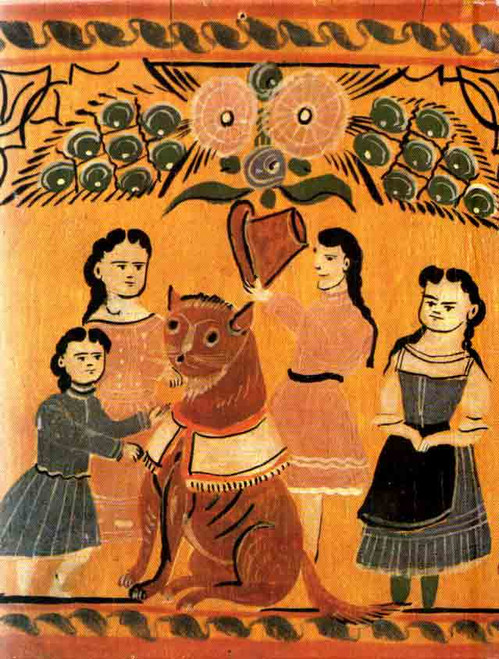

But at the start of March, the institute told her the body would not be leaving Russia. The Siberian branch of Russia’s Institute of Archaeology and Ethnography had approved the loan. Karina Iwe, a curator at the State Archaeological Museum in Chemnitz, Germany, said in a telephone interview that for over two years she had been working on an exhibition on body art, scheduled to open on April 1, the highlight of which was to be a Siberian horseman’s preserved body, covered in tattoos. Those moves are having an impact, with shows being canceled and exhibition tours to Russia stopped. Since 2011, Russian state museums have refused to lend artworks to museums in the United States, fearing they might be confiscated. The impact of the invasion on long-term collaborations between Russian and European museums is unclear. Several specialist firms, including Momart and Cadogan Tate, did not respond to requests for comment. Some freight companies, including FedEx, have suspended their deliveries to Russia, but it is unclear if any specialist art movers have done so. The paintings at the Louis Vuitton Foundation, for example, are covered by a French law known as the “arrêté d’insaisissabilité,” which protects cultural objects from being seized by a foreign government.

Governments and museums would not want to be seen refusing to send artwork back as that would “upset the entire system” of international loans, Read said.
#Russian collection drivers
Some trucks with Russian number plates had been attacked while traveling through Europe, so on recent journeys his drivers had taken to covering up any signage indicating they were from Russia whenever they parked overnight.Īny suggestion the work might be seized is baseless, he added, since all international loans occurred under agreements that prevented them being seized by a foreign government. Sending the artworks by truck was not a great option given ongoing tensions, he added. The Picasso had traveled through Ukraine by truck on its way to Rome, Curi said, adding “it would have been very difficult from a logistical point of view” to make that return journey now. Raffaele Curi, the artistic director of the Alda Fendi Foundation, which is showing Picasso’s “Young Woman 1909” in Rome, on loan from the Hermitage until May 15, said in a telephone interview that the U-turn was perhaps “convenient” for Russia, since it was hard to see how the paintings could be returned at the moment. Then, last week, the museum performed a U-turn, saying in a statement that “considering the problems of safety and logistics” it would not be recalling the items after all.

A blockbuster show at the Louis Vuitton Foundation, on the outskirts of Paris, has been seen by over a million people since it opened in November.


 0 kommentar(er)
0 kommentar(er)
